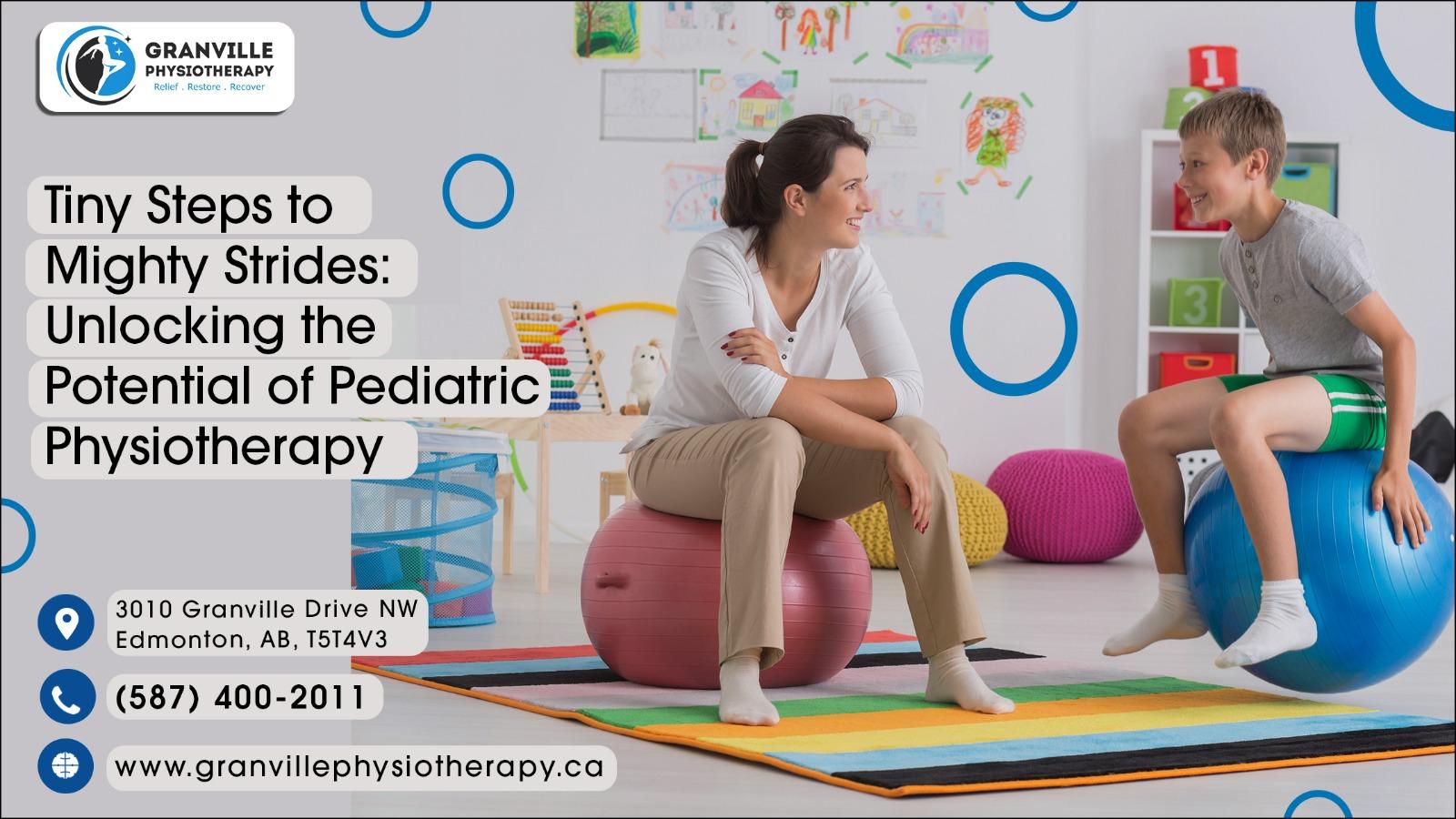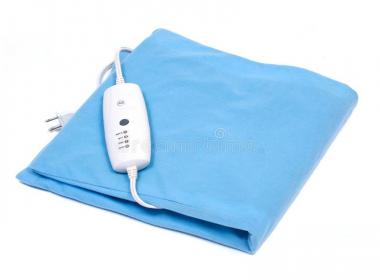In the realm of healthcare, pediatric physiotherapy stands out as a field dedicated to nurturing the youngest members of our society. In Edmonton, centers like Granville Physiotherapy are illuminating the path for countless families, guiding them through the nuances of child development and rehabilitation. This particular field of physiotherapy, dedicated to the care of infants, children, and adolescents, is crucial in tackling a wide range of developmental, neuromuscular, and orthopedic issues. It plays an essential role in addressing various health challenges faced during these critical growth stages.
Scope of Pediatric Physiotherapy
Pediatric physiotherapy in Edmonton encompasses a broad spectrum of services that are personalized to meet the specific needs of children. Unlike adults, children are not just smaller in size; they have distinct physiological characteristics and developmental needs. Pediatric physiotherapists, trained as child specialists, possess a deep understanding of these differences and the various stages of child development. They can treat a vast range of conditions. A few are:
- Cerebral Palsy
- Down Syndrome
- Muscular Dystrophy
- Autism Spectrum Disorders
- Developmental Delays
- Spina Bifida
- Traumatic Brain Injuries
- Orthopedic Injuries
- Juvenile Rheumatoid Arthritis
- Scoliosis
- Torticollis
- Sports Injuries
- Gross Motor Delay
- Balance and Coordination Disorders
- Sensory Processing Disorders
- Post-surgical Rehabilitation
- Congenital Anomalies
- Neurological Disorders
- Respiratory Conditions like Asthma or Cystic Fibrosis
- Gait Abnormalities.
How Does Pediatric Physiotherapy Help?
Motor Development and Coordination
Pediatric physiotherapy plays a vital role in enhancing a child’s motor development and coordination. Therapists work on improving gross motor skills like crawling, walking, and jumping, which are crucial for a child’s physical development and independence. Fine motor skills, which involve smaller movements of the hands and fingers, are also addressed, ensuring children can perform tasks like writing and buttoning clothes with ease.
Strength and Flexibility
Building strength and flexibility is fundamental in pediatric physiotherapy. Children with muscle weakness or stiffness can face challenges in everyday activities. Through targeted exercises and fun activities, therapists help improve muscle strength and joint flexibility, thereby enhancing a child’s ability to move and participate in physical activities.
Balance and Postural Control
Good balance and posture are essential for children as they grow. Pediatric physiotherapy includes exercises and activities that promote balance and improve postural control. This not only aids in physical activities but also contributes to the prevention of future musculoskeletal problems.
Respiratory Function
For children with respiratory conditions like cystic fibrosis or asthma, pediatric physiotherapy offers techniques to improve lung function and breathing efficiency. Respiratory physiotherapy can include exercises to increase lung capacity, techniques to clear mucus from the lungs, and education on breathing strategies.
Neurological Rehabilitation
Pediatric physiotherapy offers significant benefits to children experiencing neurological disorders like cerebral palsy or traumatic brain injuries. In these cases, therapists focus on enhancing the child’s mobility, muscle strength, and coordination, which are often compromised in such conditions.
Pain Management
Pediatric physiotherapy also addresses pain management in children, whether due to injuries, surgeries, or chronic conditions. Through various therapeutic techniques, children learn how to manage and alleviate pain, improving their comfort and quality of life.
Gait Training
Gait abnormalities, whether due to developmental delays, injuries, or congenital conditions, can be corrected through pediatric physiotherapy. Gait training involves teaching children how to walk efficiently and safely, often using specialized equipment or orthotics if needed.
Sensory Integration
For children with sensory processing disorders, physiotherapy can include sensory integration activities. These activities help children process and respond to sensory information more effectively, improving their ability to perform daily tasks and interact with their environment. It’s particularly beneficial for children with autism spectrum disorders or sensory processing dysfunction.
Enhancing Developmental Milestones
A key objective of pediatric physiotherapy is to aid children in achieving key developmental milestones, including sitting, standing, and walking, at their expected developmental stages. To this end, therapists engage children in fun and age-suitable activities, fostering the necessary skills for their physical development and laying the groundwork for their future learning and growth.
Improving Cognitive and Social Skills
While the focus of pediatric physiotherapy is often on physical development, it also positively impacts cognitive and social skills. Activities designed to improve motor skills can also enhance problem-solving abilities, attention span, and interaction with peers, contributing to a child's overall cognitive and social development.
Support for Congenital Conditions
Children born with congenital conditions like Down syndrome or spina bifida often require specialized physiotherapy. In these cases, therapy is tailored to manage the specific physical challenges associated with the condition, promoting optimal development and integration into everyday activities.
Pediatric Physiotherapy-Specific Techniques
Play-Based Therapy
Central to pediatric physiotherapy is play-based therapy, which integrates therapeutic exercises into fun and engaging activities. This method keeps the child interested and cooperative during sessions and facilitates learning and development through play, a natural medium for children’s exploration and expression.
Neurodevelopmental Treatment (NDT)
NDT is a hands-on approach used particularly for children with neurological conditions. This technique focuses on improving motor skills, muscle control, and coordination by guiding the child through specific movements. It is especially beneficial for children with cerebral palsy or other developmental disorders, aiding in achieving developmental milestones.
A Journey of Growth and Development
Pediatric physiotherapy in Edmonton, particularly at Granville Physiotherapy, is more than just treatment; it’s a journey that supports children in their growth and development. By providing specialized, child-centered care, pediatric physiotherapists play a crucial role in helping children overcome challenges, achieve developmental milestones, and enjoy a fulfilling childhood. Tiny steps in therapy can lead to mighty strides in a child’s life, unlocking their potential and paving the way for a bright and healthy future.
Also read about:
Navigating the Forex Trading Landscape Avoiding Scams and Pitfalls
The Best Furniture Sales In Dubai
WHICH MATTRESS TO BUY FOR BEST COMFORT
















